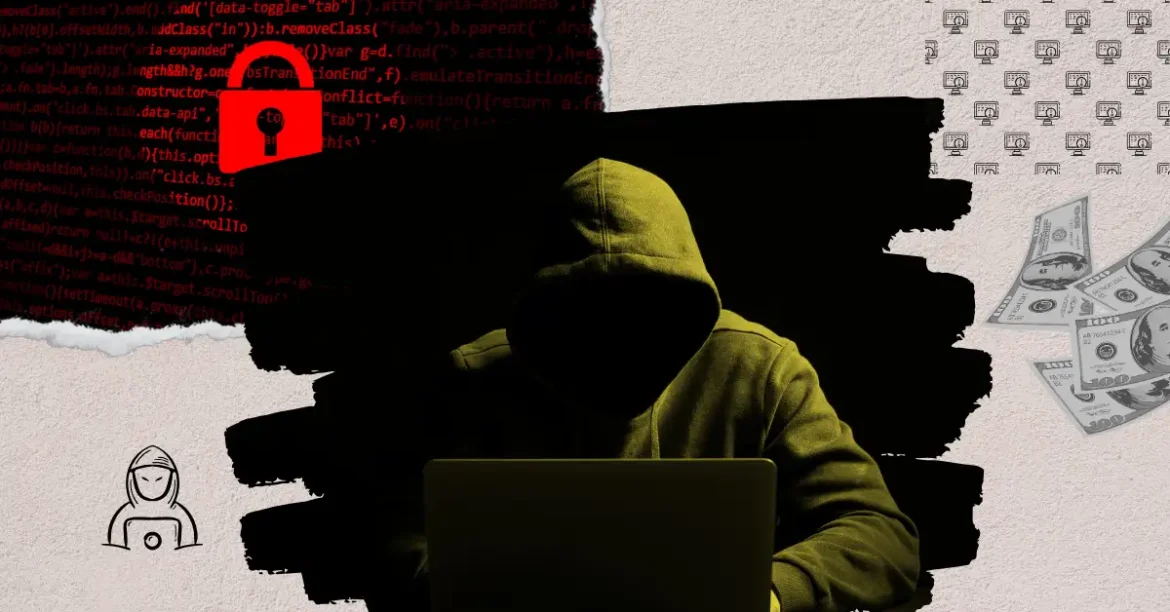Lately, the crypto markets have been a major victim of scams and hacks. And yes – they’ve struck again.
A new scheme has surfaced, crafted by a group known for their crypto scams. This group, infamous for previous rug-pulls under projects like Magnate, Kokomo, Lendora, and Solfire, has now targeted users of the Blast network, as disclosed through a tweet from the @Leaperfinance account.
Their latest scheme involves funneling around $1 million of laundered money from previous scams into an address on the Blast network. This injection of funds marks the start of their liquidity additions, setting a trap for unsuspecting investors.
Are you safe? Read on to find out more.
A Closer Look at the Investigation
To expose the deceitful practices of this group, on-chain investigator Zach XBT, along with @bax1337, conducted thorough research. Their findings revealed the extensive rug-pulls orchestrated by the group, resulting in significant losses of Total Value Locked (TVL). These rug-pulls often follow the fabrication of Know Your Customer (KYC) documents and engagement of low-tier audit firms, creating a false appearance of legitimacy for their projects.
Also Read: Memecoin Mania & Million Dollar Scams: The Price of Solana’s Success?
The deception extends beyond Blast. This group recently launched similar schemes across various prominent networks, including Base, Solana, Scroll, Optimism, Arbitrum, Ethereum, and Avalanche. Among these ventures lies ZebraLending, a project implemented on Base, currently boasting a TVL of $311K, suspected to be linked to the same group of scammers.
Investors, Stay Cautious!
For users who have deposited funds in projects associated with these scammers, such as Leaper Finance or Glori Finance on Arbitrum, with an overall TVL of $1.4 million, immediate action is advised. The sudden halt in activities on these platforms underscores the danger posed by such fraudulent schemes.
With their websites now offline, it’s evident that these ventures lack legitimacy.
All three projects mentioned are purported Compound Version 2 forks, indicating a pattern of replication and exploitation within the DeFi ecosystem. Notably, top holders in Glori Finance have been linked to liquidity from other scams like Crolend, HashDAO, and HellHoundFi.
Guarding and Protecting
In the face of this deception, the DeFi and broader crypto community remain vigilant. Users are urged to exercise utmost caution and conduct thorough research before engaging with any DeFi project.
Did you Know? Crypto Trader Loses $1 Million Overnight in PEPE Coin Liquidation Bloodbath
By remaining vigilant and heeding warning signs, individuals can steer clear of fraudulent schemes that jeopardize the integrity of the decentralized finance space, which remains vulnerable to exploitation.


